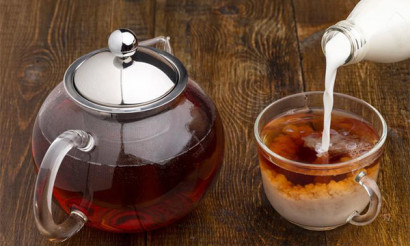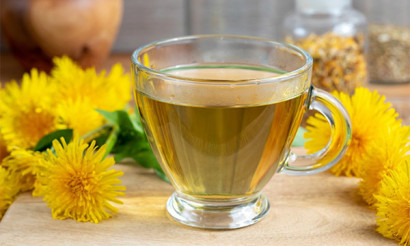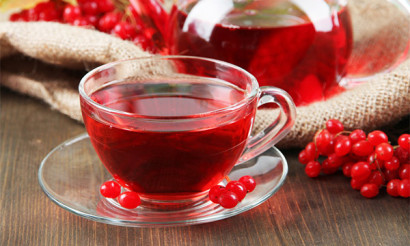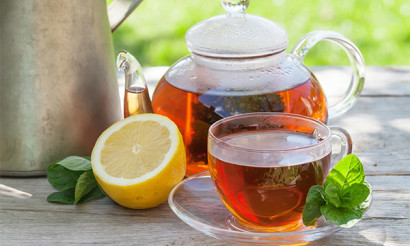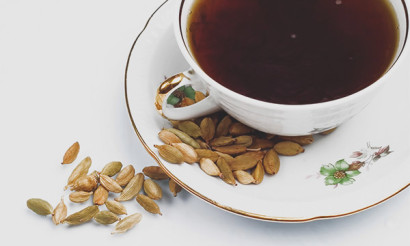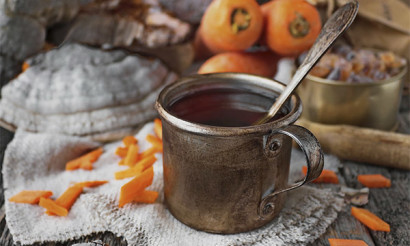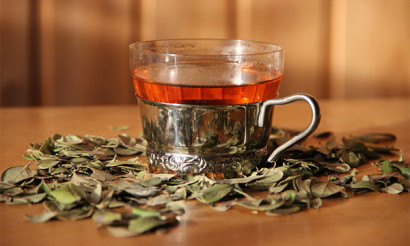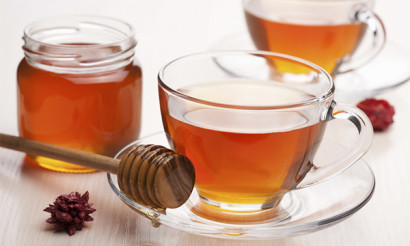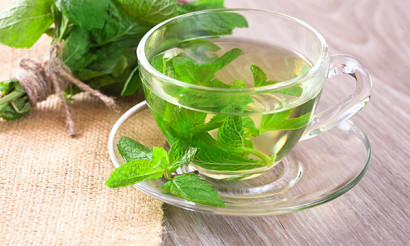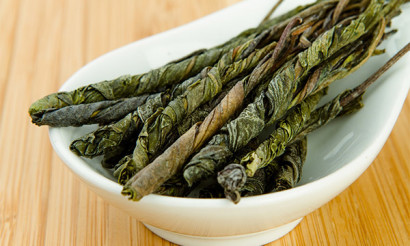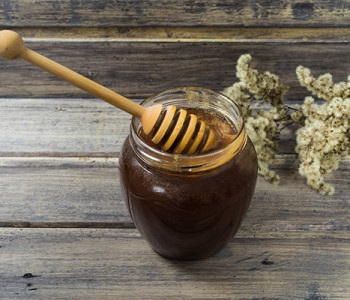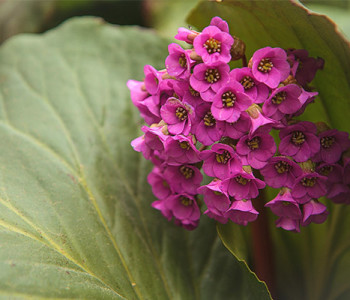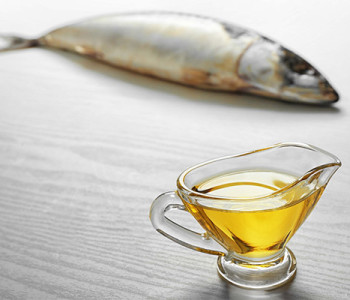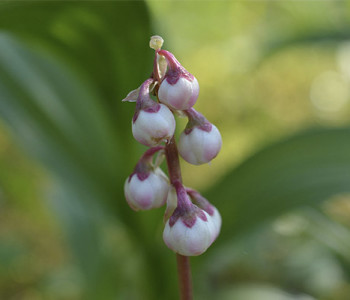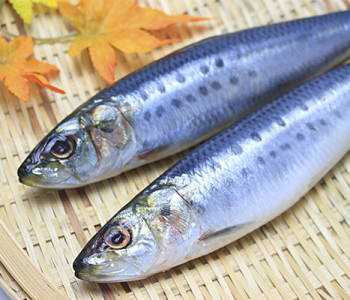Tea with bergamot: benefits and harm to the body
Having a cup between work, reassuring a friend with a hot drink, or enjoying the aromatic tea on the darkest winter evening — you don’t need a great occasion for tea drinking, and the pleasure of the process always cheers you up. Now there are the most unexpected and extravagant types of tea. The abundance of varieties and additives makes it possible for every person to find what he likes. It was not for nothing that the British made tea culture their main “trick”. Studies confirm that England is in the top twenty in terms of the population’s health level and, curiously enough, the main merit lies in the systematic consumption of tea up to 6 times a day! In addition to taste and aesthetics, all tea contains antioxidants. For several centuries, tea with bergamot has been considered one of the most useful and not losing popularity.
- What is bergamot
- Composition and calorie content
- What is useful tea with bergamot
- For women
- For men
- During pregnancy
- When breastfeeding
- For kids
- When losing weight
- Bergamot tea boosts or lowers blood pressure
- How to brew tea with bergamot
- Harm and contraindications
- Allergy to tea with bergamot
- Which bergamot tea is better: black or green
- When to collect and how to dry bergamot for tea
- How to dry
- Growing bergamot in room conditions
- Interesting facts about bergamot
What is bergamot
Most people think that bergamot is an herb. There is a substitute for this plant, which also has useful properties. This is a herbaceous perennial monard, but it is important to understand that in fact citrus bergamia is an evergreen citrus tree. It belongs to the genus rutov, its fruits resemble a pear in shape. Trees grow up to 10 meters. The branches are covered with long spikes, which makes harvesting much more difficult.
Bergamot blooms in spring, and harvesting lasts from mid-October to late November. Due to its appearance, the second name of the fruit of the plant is “princely pear”. The ripened yellow-green bergamot with a thick wrinkled peel, rich in essential oils, has a characteristic pleasant smell.
Coniferous, cold and delicate citrus aroma will not leave anyone indifferent. The smell of bergamot is a natural pheromone that attracts the opposite sex. Thanks to its fresh aroma, in addition to tea, bergamot is actively used in perfumes and culinary. The largest plantations of this culture are located in the southern Italian province of Calabria. Countries in Asia and South America, which have the same subtropical climate, are trying to catch up with the Mediterranean in terms of sales of bergamot, but Italy will remain palm for a long time. The most fragrant and high-quality is citrus grown on its shores and under its sun. Today, bergamot plantings occupy 1,500 hectares on the Ionian coast. In the capital of growth of this aromatic spice, up to 20,000 tons of fruits are harvested per year.
The earliest references to the use of this citrus appeared in the 15–16 centuries. In the distant 1750, Nicolas Parisi planted the first “bergamotteto” (bergamotteto), that is, the bergamot garden. The fruit is a hybrid of citron and orange, also two citrus fruits, whose beneficial properties have made the prince pear a universal remedy for a wide variety of health problems. The plant is relatively unpretentious and can be grown at home, including in an apartment.
Composition and calorie content
The calorie content of bergamot tea depends on additives such as sugar, honey, etc. In citrus itself there are most carbohydrates (8.1 g per 100 g of product), while protein and fat are much less (protein - 0.9 g per 100 g, fat 0.2 g per 100 g). Tea preserves almost all the vitamins and minerals of citrus. These include saturated and unsaturated fatty acids, vitamins A, C, PP, some of group B, E.Bergamot extracts are rich in minerals, including zinc, iron, magnesium, potassium, copper, calcium, phosphorus, selenium and manganese.
The princely pear owes its smell to organic flavorings - arenas. Despite the small amount (alpha-bergamotene 0.3% and beta-bisabolene 0.6%), these substances provide the tree with impenetrable protection against insect pests. Well, for a person, bergamot combines the sweetness of mandarin, the sourness of lemon and the light bitterness of orange, creating a unique bouquet of flavors.
The furocoumarins contained in the pulp will be the most useful in bergamot. They are responsible for the photosensitizing effect. It is these substances that are responsible for all the positive qualities of bergamot associated with the skin. Citrus also contains bisabolene, limonene, bergapten, terpineol and nerol - from peel essential oils, on which all the medicinal properties of the plant are based.
What is useful tea with bergamot
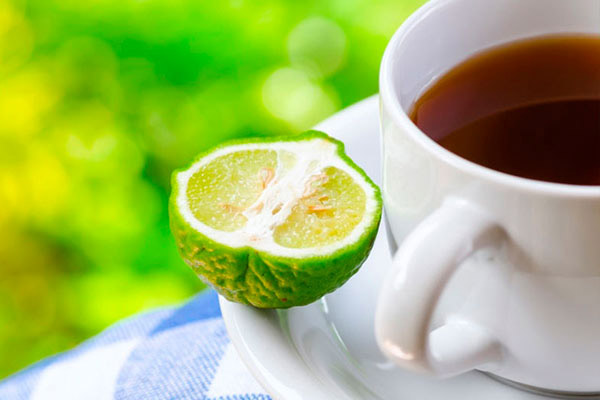
For women
A drink with bergamot will help girls solve skin problems. Any peeling and rash can be cured with tincture of bergamot. With careful handling of the concentration of active substances, tea eliminates inflammatory processes (acne) and soothes skin irritations of varying difficulty. The number of acne and black spots will decrease due to the antiseptic effect, the general secretion of the sebaceous and sweat glands in the fatty areas of the epidermis is normalized. This will help women with sweating because the antioxidants in tea will help narrow pores.
The product has a positive effect on the health of the female reproductive system. Bergamot tea has a particularly powerful effect on the skin, having many furocoumarins in its composition. They, in turn, contribute to the clarification of age spots due to the formation of melanin.
The drink has an antiparasitic effect. For even tanning, you can also drink the drink, but you should do it with caution - it is better not to drink it less than 1–1.5 hours before sunbathing, otherwise the likelihood of burning out will increase.
To accelerate hair growth and reduce their loss, it is enough to make a strong tincture of bergamot tea and rinse her curls after washing her hair. Such a procedure will strengthen the roots, help in solving problems of the scalp and dandruff, hair will become easier to comb and stop breaking.
For men
A cup of tea with bergamot can provide a boost of vigor no worse than a cup of strong coffee. A hot drink will help the stronger sex to be in good shape even after hard work. Laboratory studies have shown that the aromatic substances of fragrant citrus help to feel more confident, increase mood. Perfume manufacturers often use bergamot as a way to attract the opposite sex. But it’s not always worth resorting to the purchase of expensive fragrances, it’s easy enough to use the used bergamot skin behind your ears to repeat the effect.
People who lead an active lifestyle, tea will help eliminate the destructive effects of stress, relieve anxiety. In the event that a person is haunted for a long time by a sense of causeless concern, it is recommended to drink a cup of a tonic drink daily. For men, bergamot is a strong aphrodisiac, and also helps to restore reproductive function.
During pregnancy
Pregnancy is a very important and crucial period in a woman’s life. She should treat her health with special care, because the expectant mother is also responsible for her child. For a woman in position, tea with bergamot will be useful, but you should not overdo it. One cup a week will help strengthen immunity, protect both the mother and the fetus from viruses. The main thing is that the woman does not have a tendency to allergies, because allergic reactions to citruses are especially strong.
Bergamot essential oils also have a strong effect on the nervous and reproductive systems.If the pregnancy proceeds with certain problems, then in order to avoid the threat of miscarriage, it is better to consult a specialist before use.
When breastfeeding
As with pregnancy, the beneficial properties of the drink should be used with caution. The first 3-4 months after giving birth, doctors do not recommend drinking tea with bergamot (as with lemon), because it can cause a negative reaction in a newborn.
Women sometimes face a lack of milk. A hot tea drink will help increase lactation and maintain it for a long time. If neither the mother nor the baby has a negative reaction to citrus fruits, then the correct dosage of tea will strengthen children's immunity, which is not fully formed, and will help the female body recover after childbirth. But you should not drink more than 2-3 cups of tea a week.
For kids
The active ingredients in tea have a positive effect on mental health. In addition to the general calming effect on the nervous system, which prevents outbreaks of aggression and nervousness, bergamot improves attention concentration, promotes intensive brain function, and increases memorability - these are only part of the overall effect of tea on a child.
In addition, a hot drink prevents depression and reduces fatigue. It will be useful for children who often have a cold, because the fetus has a strong antiviral property. So, tea can be used as a preventive measure for acute respiratory viral infections. If a child suffers from prolonged coughing, the essential oils in the composition can soothe an irritated throat. Cases of treatment are even known for diseases such as tonsillitis and pneumonia. Some mothers practice inhalation with bergamot. The concentration of active substances in it will be greater than in tea, so drinking it is no longer recommended, but from a cold such treatment can quickly help not only children but also adults. The main thing is not to carry out inhalation for too long, since excessive time of the procedure can harm the body. Effective destruction of pathogens quickly cures symptoms and reduces fever, while vitamins and ascorbic acid in the fruit strengthen weakened immunity.
When losing weight
Tea with bergamot will definitely help get rid of excess weight! Contributing to shedding extra pounds, the aromatic drink performs several functions at once. Firstly, tea improves the functioning of the gastrointestinal tract. The healthier our digestive system will work, the more effective the process of losing weight will be.
The princely pear has an astringent effect. Tea with bergamot is recommended for people who have diseases such as pancreatitis, chronic gastritis, cholecystitis, as well as low acidity of gastric juice. But proper weight loss without harm to health is possible only after recovery.
The substances contained in the extract of bergamot disinfect and cleanse the intestinal walls of mucus, which accelerates the absorption of the necessary elements. Thus, tea helps to accelerate metabolism and regulate the water-lipid balance.
The second function is to improve blood flow. The drink cleanses the blood vessels and normalizes the lymphatic flow, and the latter plays one of the most important roles in burning subcutaneous fat. Those wishing to control the desire to eat should take into account that tea helps to improve appetite, and for those who need to normalize regular food intake, on the contrary, a strong brewed drink is good.
Bergamot tea boosts or lowers blood pressure
Many people are concerned about the effect of bergamot tea on blood pressure. It is safe to say about the normalizing effect of bergamot. The main enemies of our cardiovascular system are stress and increased nervous tension. Adrenaline in combination with other hormones associated with it causes the vessels to contract, which subsequently leads to hypertension.Bergamot favorably affects the cause of anxiety by calming the nervous system and boosting mood.
Of course, tea with an aromatic additive cannot be called a full-fledged treatment, but a drink can provide significant assistance. If you drink tea hot with a little sugar, then the pressure will increase, but it is undesirable to abuse the effect. In the case when it is necessary to lower blood pressure, you just need to drink it cold, throwing an ice cube into the mug. That is, the drink will be able to “kill two birds with one stone”, while having a positive overall effect on the cardiovascular system.
How to brew tea with bergamot
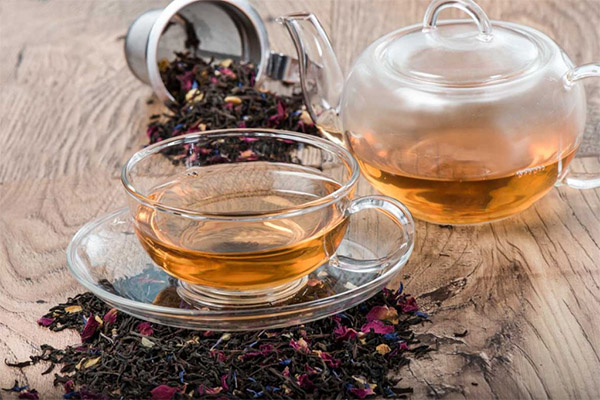
Before brewing tea, it is necessary to warm the dishes in which it is planned to make a drink. It is enough to rinse the kettle with boiling water from the inside or hold hot water in it for 30-60 seconds. The correct proportion for black tea with bergamot is 1 teaspoon per 200-250 ml of water. Next, pour hot water into the kettle. Please note that the temperature should not exceed 85 degrees, otherwise the tea may lose its taste and healing qualities.
After the container is full, you must wait 4 minutes and remove the tea leaves. If desired, you can add honey. Fragrant bergamot tea is ready!
Harm and contraindications
Despite the large number of positive properties, bergamot tea has a strong effect and can be harmful and even dangerous if you use this product too much or for other purposes.
- This drink is contraindicated in people with severe nervous excitability, the invigorating effect of bergamot can lead to insomnia.
- You can not drink tea too often for children under 10 years of age, nursing mothers. Women in late pregnancy are better off not drinking it at all.
- Due to the pungent odor, people with hypersensitivity may experience dizziness, weakness, and even a feeling of lack of air or a headache.
- In the presence of cardiovascular diseases, it is necessary to consult a doctor before drinking the drink - in rare cases, tea can have a negative effect. In order not to harm yourself, it is better to make sure the relevance and safety of its intake.
- Women who have problems in the field of gynecology should also not drink this type of tea, as it can provoke uterine contractions and vaginal bleeding.
If a person has no contraindications, then you need to understand that everything is good in moderation, because from the powerful effect you may feel unwell.
Allergy to tea with bergamot
As you know, citruses are strong allergens. They contain complex protein compounds that cause severe symptoms. It is important to remember that if a person starts to itch and blush after drinking tea with bergamot, urticaria starts, tearing, bronchospasm or wheezing begins, you must quickly give him an anti-allergic medicine.
If the symptoms do not go away, puffiness continues to develop, you need to immediately go to the hospital for emergency care, because the most severe forms of allergies, such as anaphylactic shock, Quincke's edema can even lead to death. The essential oils in the composition of the drink are a concentrate of the substances contained in the fruit, therefore, pose a great danger to allergy sufferers. Accordingly, the use of this tea is strictly contraindicated for people suffering from individual intolerance.
Which bergamot tea is better: black or green
Black with bergamot, which is called Earl Gray worldwide, is considered traditional. It is made using Indian or Ceylon tea, sometimes Chinese varieties are also used. But today, the tea industry is growing rapidly, so a green look has appeared with the addition of aromatic citrus.Of course, adherents of green tea would rather prefer the non-classic version, and most importantly, the benefits of bergamot will not suffer from this at all.
In black varieties, the content of healthy caffeine is higher than in green, which reduces the tonic effect of the drink upon transition. The caffeine contained in tea affects the cardiovascular system rather positively, because it does not dilate blood vessels spasmodically, but gradually. So a person works productively for a long time, with increased attentiveness and concentration.
Bergamot drink with varieties of green tea affects the nervous system more - antioxidants relieve stress. So, green tea with bergamot is preferable to drink at night, and black tea in the morning or in the middle of the working day.
"Excess" water is removed from the body along with salts, eliminating puffiness. Thanks to the acceleration of metabolism, diuretic and cleansing actions, green tea with bergamot is considered an excellent helper in losing weight.
When to collect and how to dry bergamot for tea
During flowering, large and variegated flowers with a sweet smell appear on the tree. The fruits, still green, have a dense juicy peel, which has a brighter sour-bitter hint of aroma, which ripe citrus does not have. This moment will be the most suitable for harvesting.
The most valuable product for the food industry and the manufacture of tea will be essential oil, which is created by squeezing concentrate from the leaves, flowers of the tree and the skin of the bergamot itself. If a person is seriously interested in the prospect of making tea with bergamot completely on his own, then he should know that hand-pressed oil is considered the most valuable and it is from fruits. The work ahead is quite painstaking, since about 1 gram of oil can be obtained from 1 kg of collected fruits. In fact, all the benefits of bergamot tea are in oils. They process teaspoons, which need to be given flavor, and with the latter they acquire the benefit of essential oils.
How to dry
If grass is used to brew tea, which must be prepared for future use, drying is required. Bergamot is crushed, immediately removing coarse and thick particles. Drying is done in the shade in the fresh air (it is permissible to dry the grass on the balcony with the windows open). A sign that the raw material is dried is its fragility.
The dried grass is stored in glass containers with tight-fitting lids so that the raw materials do not lose their useful properties.
Growing bergamot in room conditions
Many people have a desire to grow plants at home that they like to eat most of all. Bergamot did not pass by, because delicious tea can be made not only from green fruits, but also from leaves. On the street because of the cold winters, it will be problematic to grow a tree, but in the apartment it is quite realistic. The flowering period of the prince pear lasts from March to April. Bergamot inflorescences are also valuable for brewing tea, because they have large red or white flowers that exude a sweet smell with a pungent bitterness.
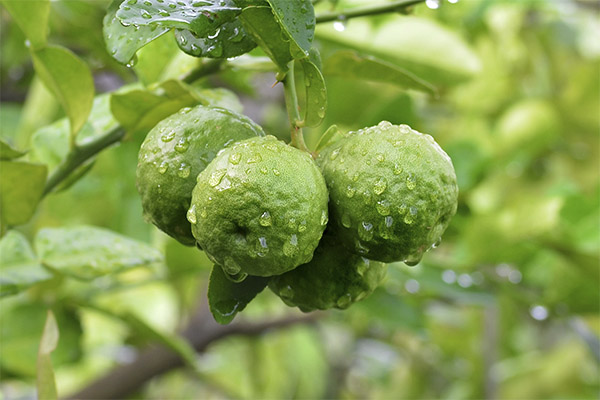
Propagation of the culture occurs by seeds or cuttings. It is worth considering that if you plant seeds, then you will not succeed in obtaining fruits. Cuttings should be cut from the tree 10-15 centimeters, and then planted in small pots. You need to use the land bought in the store for lemons, then the plant will feel comfortable. It is important to observe favorable conditions for the seedling: temperature 22-25 degrees Celsius and good lighting. After the cuttings take root, and this happens after 3-4 weeks, you can transplant them into a larger pot. Two weeks after transplanting, it is advisable to fertilize the plant. This is best done with a special citrus fertilizer.
Bergamot tree is not very whimsical to care for, but grows slowly.For the same reason, he does not need frequent transplants, and they need to be carried out only if the roots have occupied all the land in the pot. Bergamot is best suited to change the soil during flowering, because in March-April the plant is full of strength. It is worth watering citrus as the soil dries, and even less often in winter. Good light is necessary even in the cold season, if the plant is dark, the foliage will begin to wither, and then fall off. It’s better not to allow this, but you shouldn’t worry. In spring, the leaves are fully restored. Despite the fact that the average daily temperature can be lowered to 12-15 degrees, you need to carefully protect the plant from drafts and rearrange it in a warmer room if it is frozen.
To brew aromatic tea, young leaves of bergamot are crushed and allowed to infuse with brewed tea. If your tree already has fruits, then it will be enough to leave a few pieces of citrus peel for 10 minutes in the drink, after which the tea will have the desired flavor.
Interesting facts about bergamot
- There are several options why prince pear tea spread so quickly. The main version - tea with bergamot was created by accident. At a time when tea was brought to Europe from India, a certain Englishman Gray, in addition to valuable leaves, transported ripe bergamot oil in barrels. But on the way, the ship fell into a storm, and oil spilled onto tea bags. For the count, the loss of such a valuable consignment of goods would be disastrous, and he decided to sell "spoiled" tea. To his surprise, the leaves with bergamot paid off much faster, and the people of England wanted to continue to buy a fragrant drink.
- In the UK, because of a tender love for a drink, there is a saying that a kiss should be strong and sweet, like tea, and some playfully add: “And with bergamot!”
- In Germany and Italy, bergamot tea has been the main antiseptic for three centuries. Cuts were disinfected, large wounds were burned. Thanks to traditional medicine of southern Europe, a little less than a century ago, scientists paid attention to the plant.
- The largest falsification of bergamot and its products was during the Second World War. This was due to the fact that the main consumers and the main producers of tea were "on opposite sides of the barricades." Many peoples around the world began to look for substitutes of the princely pear inherent in their area. After a long time it was discovered that each country with its own tea culture can offer its own “bergamot” Earl Gray. It seems that they want to trick ordinary people into banal by selling cheaper analogues instead of a real supplement, but it's not so simple. Such a significant increase in the variety of tea assortment has led to significant progress in the market, competition and improved product quality, even if not just bergamot.
- Bergamot is also growing in Mauritius, however, in addition to tea, locals prefer to drink its pure juice. The fact is that even mature bergamot is positioned as inedible due to its inherent strong acid and bitterness, despite the wonderful aroma. It is believed that only a “real man” can drink this juice, therefore, in many tribes, the use of citrus juice was included in the rituals.
It doesn’t matter what time of the day you want to enjoy a hot drink. They say that wounded souls can be treated with tea, and one cannot disagree with this! People lovingly brew a drink for their soulmate, insist on herbs for relatives who have suffered an illness, and simply make it for themselves to spend a pleasant Saturday evening in the company of a book. Now, when progress in the study of biology and physiology allows us to study in more detail the processes occurring in the body, more and more new properties of long-known plants are being discovered.Medicine, coming from the depths of centuries, knows how to use the gifts that nature provides us with, and modern knowledge gives it scientific evidence. The same fate befell tea with bergamot. Exceptional gustatory qualities, together with the benefits for the whole body, make it a universal remedy, whether it is a runny nose, scratch or autumn blues. The most important and beloved among thousands of people across the planet is still the incomparable velvety taste of the classic Earl Gray tea.
«Important: all information on the site is provided exclusively in fact-finding purposes. Before applying any recommendations, consult with a profile specialist. Neither the editors nor the authors are liable for any possible harm caused materials. "

